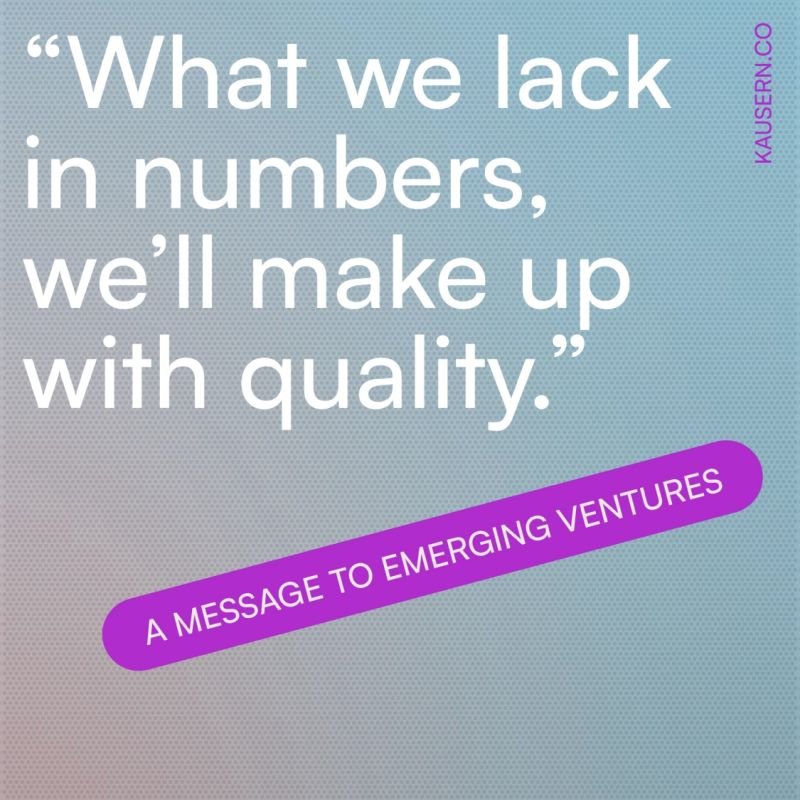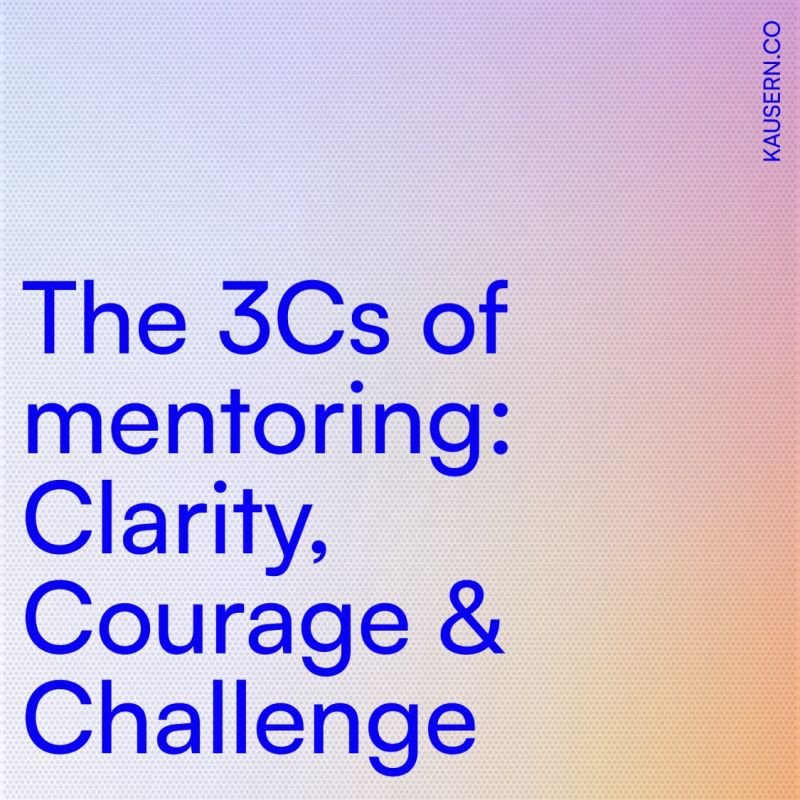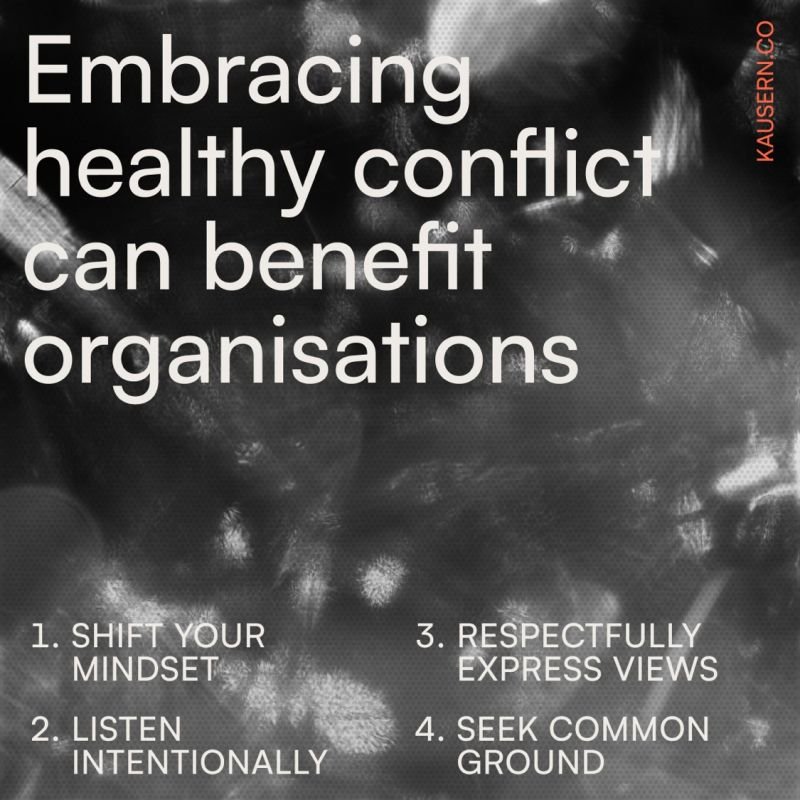Filter by —
The art of Shu-Ha-Ri in leadership
Shu-Ha-Ri is a Japanese martial art concept, describing the stages of learning to mastery. The word “shuhari” roughly translates to "first learn, then detach, and finally transcend."
Quality over quantity
💪 “Don’t give up because we’re outnumbered!”
In a world often obsessed with sheer numbers and size, there's another perspective that emphasises the importance of quality over quantity. This quote, “What we lack in numbers, we will make up with quality”, suggests that success can be achieved through a focus on excellence rather than sheer volume.
The play framework
⚽️ “Life is not a game, but a SERIES of games.”
If this is true, then we had better be purposeful in how we play these “games”. I did some research and analysed some existing frameworks to develop this modest framework with the hope of helping us leaders assess our team members better based on how they are playing.
Part 2: How to be an effective facilitator
Facilitation is collaboration, and the success in collaborative efforts is a multi-dimensional affair not solely defined by results. When a leader puts on their facilitation hat, they should do so with the mindset of balancing these three dimensions (see image):
Part 1: What is facilitation and why is it important
🎙️In a recent podcast, Adam Grant asked Brene Brown if the word ‘leadership’ didn’t exist, what would she replace it with?
She replied: “Facilitation”
Unwavering commitment: How to stay the course towards your goals
🎯 Goal Setting For Success in 2024!
The only thing powerful enough to continually push us towards where we want to be in life is a firm and unwavering commitment to our goals.
If only it were that easy!
The 3Cs of mentoring: Clarity, Courage & Challenge
I’ve been asked a few times to define the role of a mentor and what exactly goes on between a mentor and their mentee. The purpose of a mentor is to help their mentees grow to become the best version of themselves.
Part 2: Navigating the friend-manager tightrope
⚠️ Previously, I shared a step-by-step guide in walking the friend-manager tightrope. Now let’s look into what to do if the friendship crosses the line.
Part 1: Navigating the friend-manager tightrope
Young leaders dream of building a team where camaraderie and team performance thrives. I myself have been there before, and I stepped on many toes trying to strike the right balance.
Embracing healthy conflict can benefit organisations
🙅🏻♂️Because of a deep-rooted fear of upsetting others, I’ve always avoided conflict. Through the years, my misguided belief that conflict avoidance was a healthy way of dealing with problems caused me and my relationships - both personal and professional - to unnecessarily suffer.
How to tell it as it is
Real connections and growth happens when we choose to embrace and give the unfiltered truth.
Tackling leadership training and development shortcomings: 3 paradigms to consider
Effective training and development programmes should close the ASK (attitude, skills and knowledge) gap in its employees
Why we should invest in building brand equity
Ever wondered why some products have higher prices and still command undying loyalty? There’s no sorcery to this, just the work of good old branding.
How to manage employees who know it all
Dealing with a know-it-all is a delicate balancing act.
3 questions to ask yourself before quitting your job
Deciding whether to leave a job is a significant decision that requires careful consideration. There isn't a one-size-fits-all framework because individual circumstances, priorities, and values vary greatly.
Project confidence with the CONFIDE framework
Striking the right balance between self-assuredness and humility can be challenging.
Building executive presence
Leaders with executive presence can command the room. They speak with conviction, confidence, and certainty, and can influence people at all levels.
Mastering the art of anticipation
In a world where customer preferences and expectations shift in the blink of an eye, mastering the art of anticipation can truly set you apart.
Leadership: One size does not fit all
To be a “one size does not fit all” leader, we need to recognise that individuals have distinct personalities, motivations, and aspirations.
4 barriers that prevent us from thinking critically
Critical thinking takes time to master but is an essential skill to help us to cut through the clutter of today's information-rich and rapidly changing world and make higher quality decisions.




















